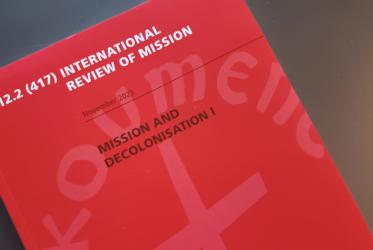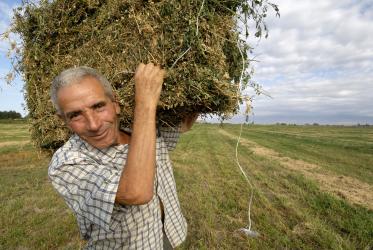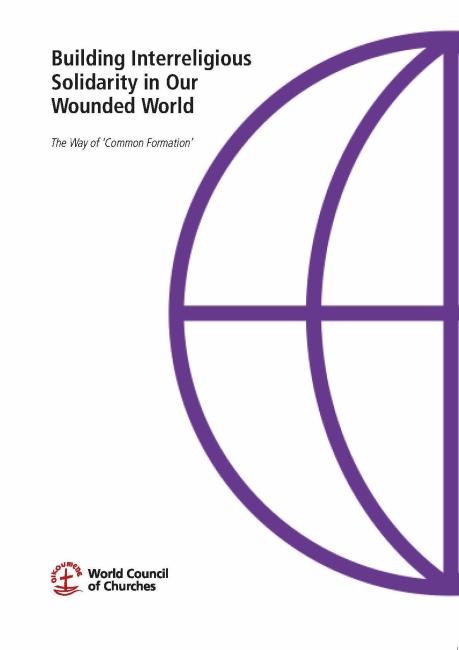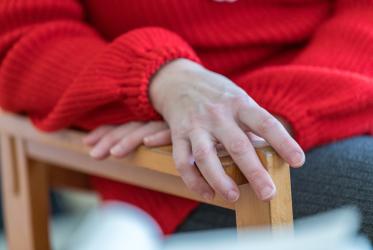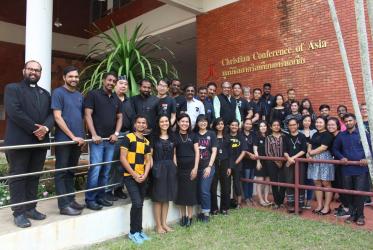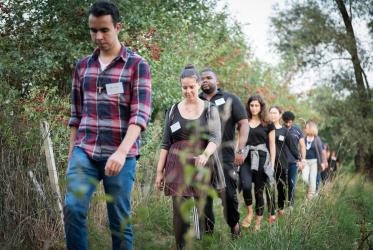Displaying 1 - 20 of 210
WCC Eco-School begins in Crete
15 November 2023
A Guide for Churches on the Prevention of Obstetric Fistula
26 October 2023
WCC interreligious journal focuses on “healing wounded memories”
16 February 2023
HIV and AIDS Civil Society Networks and the Faith Sector
Lessons Learnt from Strategic Engagement in India, Dominican Republic, Indonesia, and Jamaica
31 January 2023
Seek Peace and Pursue It: PJP Series 4
Reflections on the Pilgrimage of Justice and Peace in Europe
22 August 2022
Strengthening Christian Perspectives on Human Dignity and Human Rights
Perspectives from an International Consultative Process
19 August 2022
